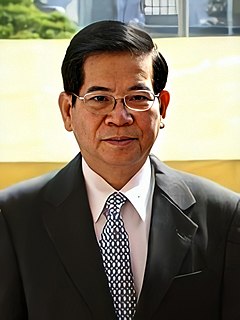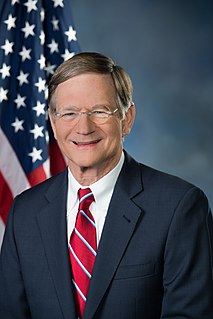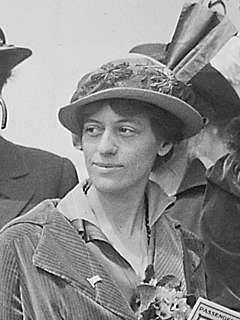A Quote by Owen Jones
In the 1980s, the trade unions suffered a series of calamitous setbacks. Mass unemployment terrified workers into not risking the wrath of bosses. Repressive anti-union laws stunted the ability of workers to organise and defend their rights.
Related Quotes
The workers who harvest our food have been systematically denied the basic rights that are granted to all other American workers. They can be fired for trying to form a union or for attempting to improve their working conditions. They are not eligible for overtime pay, disability, or even unemployment insurance.
Apparently, union bosses are so distraught about declining enrollments they will stoop to exploiting illegal workers. There is no doubt that this would hurt American workers, who would suddenly face a flooded job market full of cheap foreign labor. It would depress the wages of the American workers and cost them jobs.
Union membership is not the sole guarantor of job security and a living wage, but nonunion factory workers do not enjoy the same protections as union workers. They're subject to exploitation, underpayment and lower standards of workplace safety - which is also often the case for manufacturing workers outside the United States.































